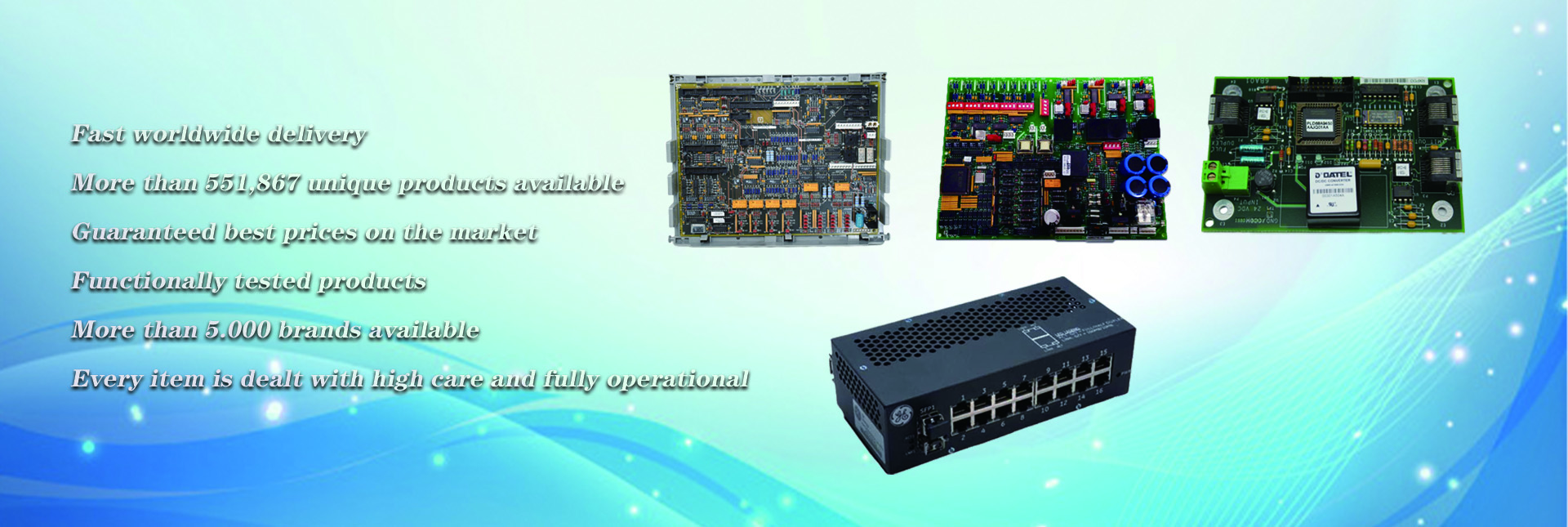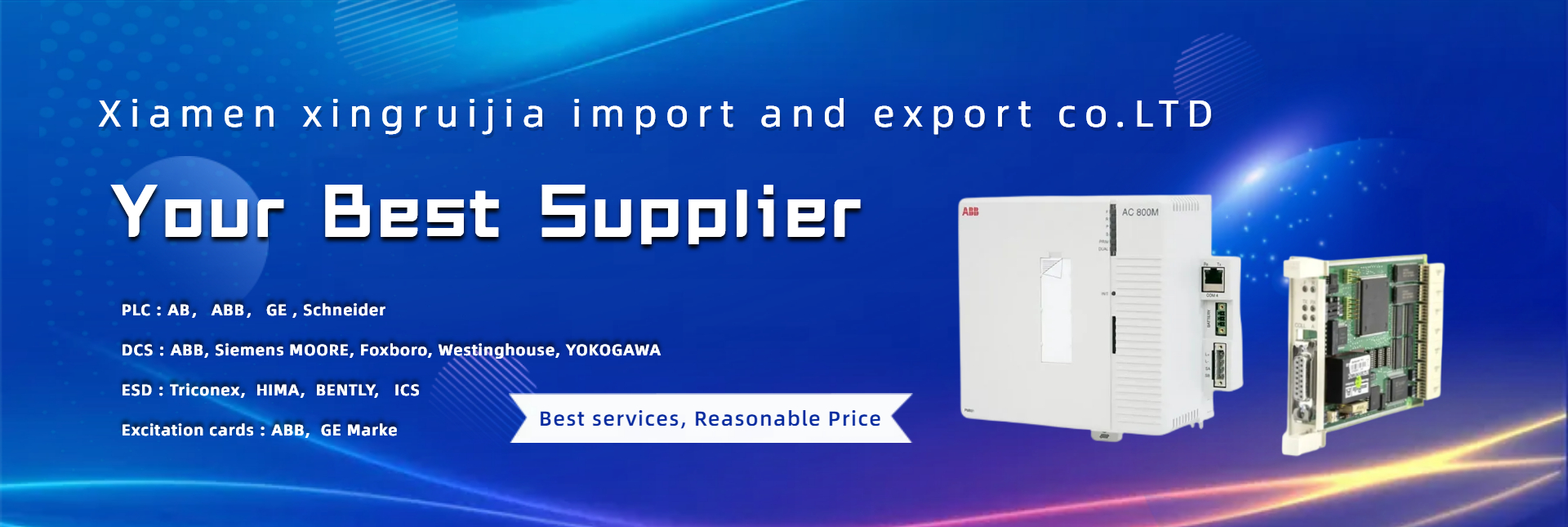DCS is the abbreviation of Distributed Control System, which is commonly referred to as Distributed Control System in China. It is a multi-level computer system composed of process control level and process monitoring level, with communication network as the link. It integrates 4C technologies such as computer, communication, display and control. Its basic idea is decentralized control, centralized operation, hierarchical management, flexible configuration and convenient configuration. DCS has the following characteristics:
(1) High reliability
Because DCS distributes the system control function on each computer, and the system structure adopts fault-tolerant design, the failure of one computer will not lead to the loss of other functions of the system. In addition, since the tasks of each computer in the system are relatively simple, special computers with specific structure and software can be used for the functions to be realized, thus improving the reliability of each computer in the system.
(2) Openness
DCS adopts open, standardized, modular and serialized design. Each computer in the system uses LAN to communicate and realize information transmission. When it is necessary to change or expand the system functions, the new computer can be easily connected to or removed from the system communication network, which hardly affects the work of other computers in the system.
(3) Flexibility
Through the configuration software, the software and hardware are configured according to different process application objects, that is, to determine the measurement and control signals and the connection relationship between them, to select the applicable control laws from the control algorithm library, and to call the basic graphics from the graphics library to form the required monitoring and alarm screens, so as to easily form the required control system.
(4) Easy to maintain
Small or micro special computer with single function has the characteristics of simple and convenient maintenance. When a part or a computer fails, it can be replaced online without affecting the operation of the whole system and quickly eliminate the failure.
(5) Coordination
All workstations transmit various data through the communication network, and the information of the whole system is shared and coordinated to complete the overall function and optimization of the control system.
(6) Complete control functions
The control algorithm is rich, which integrates continuous control, sequential control and batch control. It can realize cascade, feedforward, decoupling, adaptive and predictive control and other advanced control, and can easily add the special control algorithm required.
The composition of DCS is very flexible, which can be composed of special management computer station, operator station, engineer station, recording station, field control station and data acquisition station, etc., and can also be composed of general server, industrial control computer and programmable controller.
The process control level at the bottom is generally realized by decentralized field control stations, data acquisition stations and other local data acquisition and control, and transmitted to the production monitoring level computer through the data communication network. The production monitoring level performs centralized operation and management of data from the process control level, such as various optimization calculations, statistical reports, fault diagnosis, display alarms, etc. With the development of computer technology, DCS can realize more advanced centralized management functions, such as plan scheduling, storage management, energy management, etc., by connecting with higher performance computer equipment through network as required.
Post time: Mar-13-2023


